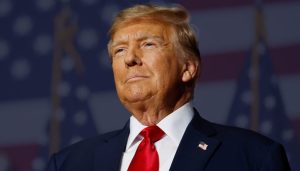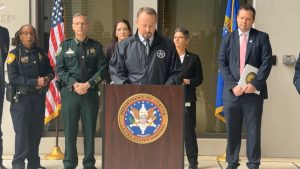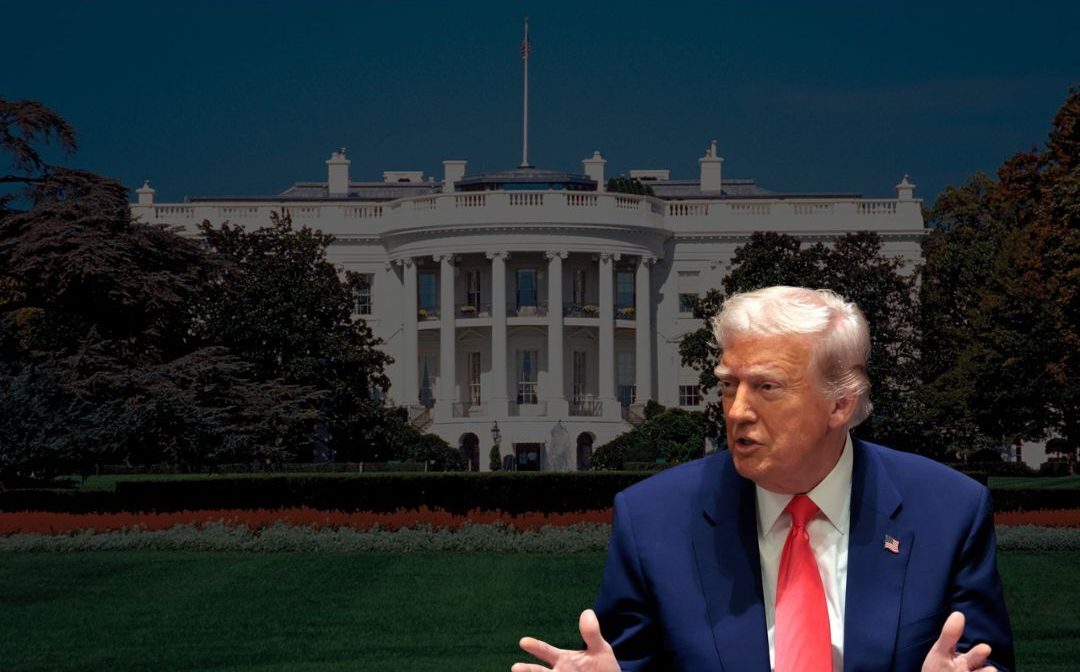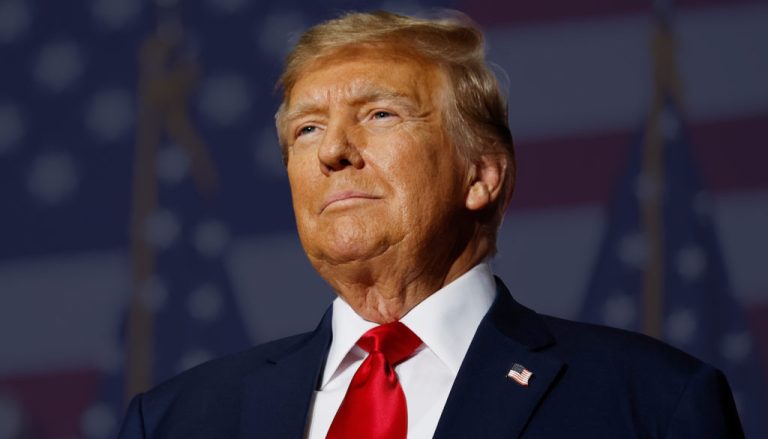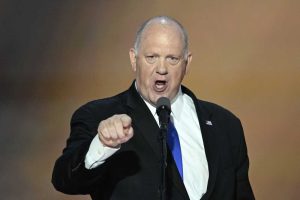CDC Director Refuses to Step Down Amid Controversy
CDC Director Susan Monarez is refusing to leave her post despite official orders from the White House and Health and Human Services Secretary Robert F. Kennedy Jr. to step aside. The dispute stems from disagreements over vaccine policy and staff dismissals, highlighting a tense clash between scientific leadership and political directives.
Monarez Stands Firm on Public Health Decisions
Attorneys for Monarez, Mark Zaid and Abbe Lowell, issued a statement Wednesday emphasizing that their client prioritized protecting public health over following political agendas. “When CDC Director Susan Monarez refused to rubber-stamp unscientific, reckless directives and fire dedicated health experts, she chose protecting the public over serving a political agenda. For that, she has been targeted,” they said.
The conflict began when HHS officials requested Monarez’s support for changes to COVID-19 vaccine guidance and the termination of senior CDC staff. Monarez reportedly declined to endorse these actions, citing scientific integrity and public safety concerns. Sources indicate that her refusal set the stage for escalating tensions with HHS leadership.
White House Attempts to Remove Monarez
HHS later announced that Monarez was “no longer director,” triggering a wave of resignations among senior CDC officials. The White House released a statement confirming her termination, citing her refusal to align with the administration’s priorities. “As her attorneys’ statement makes abundantly clear, Susan Monarez is not aligned with the President’s agenda of Making America Healthy Again. Since Susan Monarez refused to resign despite informing HHS leadership of her intent to do so, the White House has terminated Monarez from her position with the CDC,” said spokesperson Kush Desai.
Despite the official termination notice, Monarez’s legal team argued that her removal was procedurally flawed. They noted that Monarez was the first Senate-confirmed CDC director and had been appointed to the position by the President. According to her attorneys, this means that she cannot be removed without formal presidential action. “For this reason, we reject the notification Dr. Monarez has received as legally deficient, and she remains as CDC Director. We have notified the White House Counsel of our position,” Zaid and Lowell added.
Implications for CDC Leadership and Public Trust
Monarez’s refusal to step down raises questions about leadership stability at the CDC during a period of ongoing public health challenges. The agency is responsible for managing responses to disease outbreaks, vaccine distribution, and health guidance for millions of Americans. Any disruption in leadership could have wide-ranging consequences for public confidence in federal health directives.
Experts note that disputes between political appointees and scientific leadership are not unprecedented, but the current standoff is particularly high-profile. The clash highlights tensions between administrative control and professional autonomy within federal health agencies.
Historical Context and Appointment Challenges
Monarez was appointed to the CDC directorship just one month ago. President Trump’s initial nominee, Dave Weldon, failed to secure Senate confirmation due to concerns over his vaccine skepticism. Monarez’s confirmation marked a new chapter for the agency, intended to restore credibility and scientific oversight.
However, her insistence on following evidence-based guidance has put her at odds with political leaders seeking to influence public health messaging and staffing decisions. The situation underscores the delicate balance between maintaining public trust and navigating political pressures in federal health agencies.
Legal Considerations
Monarez’s legal team maintains that her termination without formal presidential approval is invalid. As the first Senate-confirmed CDC director, Monarez enjoys certain procedural protections that are not afforded to acting directors or politically appointed officials without confirmation. Legal experts suggest that the dispute could prompt a court challenge, potentially setting a precedent for future interactions between federal agencies and political leadership.
Meanwhile, the White House maintains that the President has the authority to remove the CDC director and that Monarez’s refusal to resign is creating unnecessary conflict. The standoff has drawn attention from lawmakers, media outlets, and public health advocates, highlighting the stakes involved in leadership transitions at the nation’s premier disease control agency.
Looking Ahead
As the standoff continues, the CDC faces a period of uncertainty. Staff morale, public confidence, and the agency’s ability to respond to emerging health threats could all be affected. Observers expect continued negotiation between Monarez, her legal team, and the White House, potentially involving formal legal proceedings.
The resolution of this dispute will likely have implications for how political oversight intersects with scientific leadership in federal agencies, particularly during crises that demand timely and evidence-based decisions.

James Jenkins is a celebrated Pulitzer Prize-winning author whose work has reshaped the way readers think about social justice and human rights in America. Raised in Atlanta, Georgia, James grew up in a community that instilled in him both resilience and a strong sense of responsibility toward others. After studying political science and creative writing at Howard University, he worked as a journalist covering civil rights issues before dedicating himself fully to fiction. His novels are known for their sharp, empathetic portraits of marginalized communities and for weaving personal stories with broader political realities. Jenkins’s breakout novel, Shadows of Freedom, won national acclaim for its unflinching look at systemic inequality, while his more recent works explore themes of identity, resilience, and the fight for dignity in the face of oppression. Beyond his novels, James is an active public speaker, lecturing at universities and participating in nonprofit initiatives that support literacy and community empowerment. He believes that storytelling is a way to preserve history and inspire change. When not writing, James enjoys jazz music, mentoring young writers, and traveling with his family to explore cultures and stories around the world.


